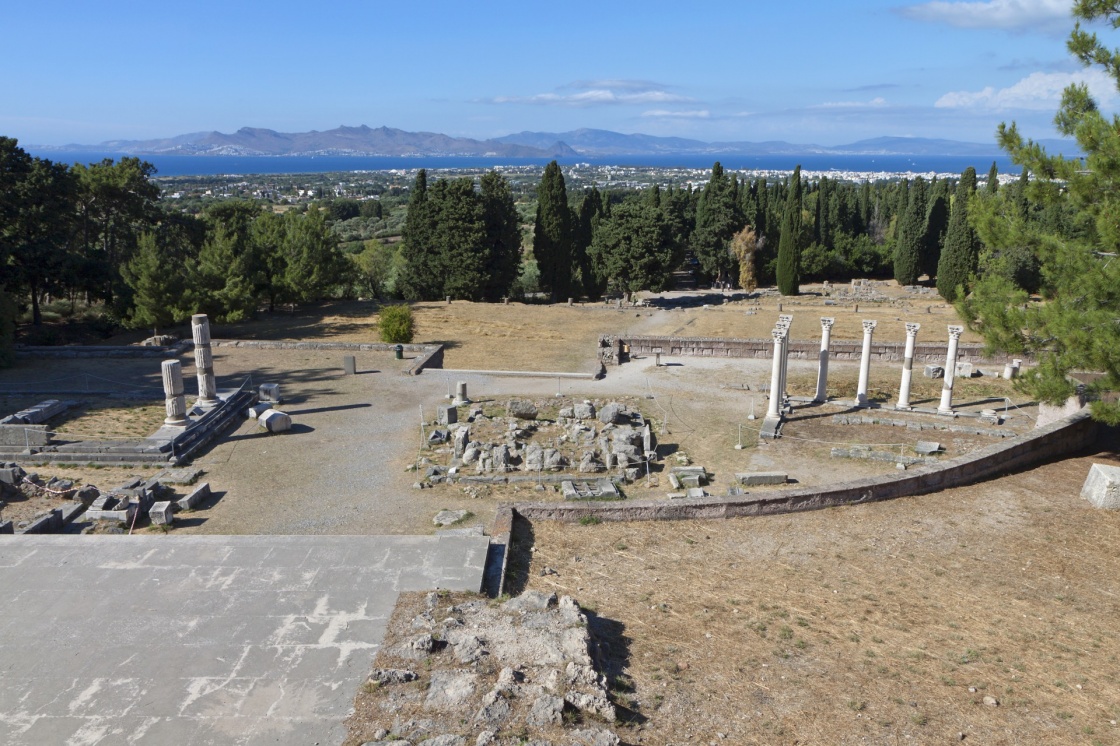If the name Hippocrates sounds familiar, you’re probably associating it with the Hippocratic oath. The oath is a historic vow taken by medical doctors who promise to uphold ethical standards. Though most such oaths taken today are modernised, the ideas they represent go back to the Classical Age of Greece and to Hippocrates, an influential Greek doctor who lived from roughly 460 to 370 BC on the island of Kos.
Hippocrates is often called the father of western medicine. He was important not only for his work but for the writings he left behind which influenced the course of western medicine. Until his time, medical treatments were often based more on superstition than on study and science, and he is credited with a “see change” in medical understanding. Although we don’t know much about his life, we do have some biographical material from Aristotle and from Soranus of Ephesus.
He came from a family of well-known doctors. After many travels and collection of data, he returned to the island where he founded a Medical School to transfer his knowledge and experience. Hippocrates wanted to experience what was going on in other countries and to learn how to practise medicine better. He intended to study nature, the climate and how they affected diseases. He conducted research on the methods the priests of Asclepius practised medicine and saw the human body from a new scope.
Hippocrates was one of the most notable citizens on the island.In the ancient times, a lot of people from the Mediterranean territory as well as from all over the world travelled to Kos to be treated by Hippocrates in his medical school.
Tourists today can visit the ruins of the Asclepeion, a healing temple once sacred to Asclepius, the ancient god of medicine, and the place where Hippocrates was trained. Visitors to Kos can also see a plane tree, called the Tree of Hippocrates, which is believed to be a descendant of the tree under which Hippocrates taught some of his students. The current tree, about 500 years old, is marked as a place of historic interest and partially supported by scaffolding.






 'Ancient site of Asclepeion at Kos island in Greece' Panos Karas / Shutterstock
'Ancient site of Asclepeion at Kos island in Greece' Panos Karas / Shutterstock